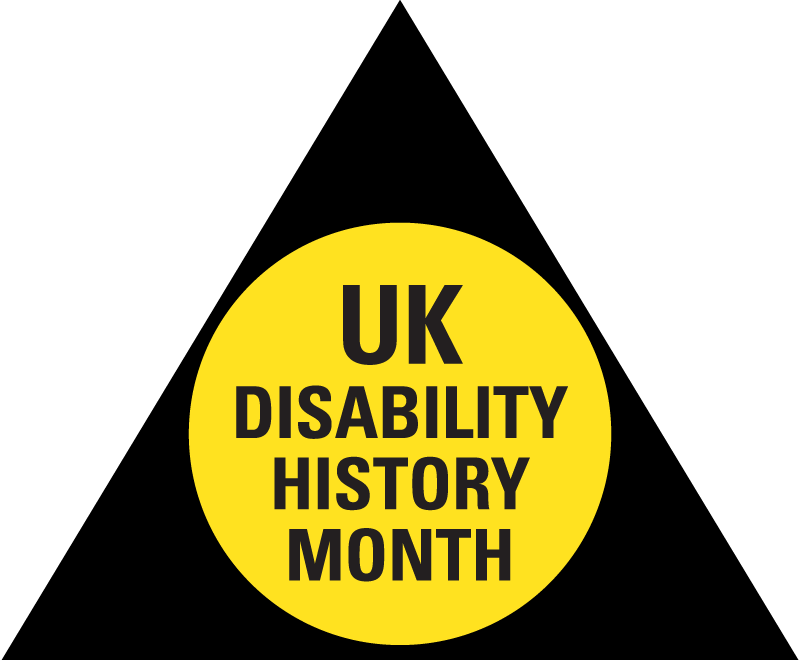16th November to 16th December 2023
This year, UK Disability History Month (UKDHM) focuses on the experience of disablement amongst children and young people in the past, now and what is needed for the future to reduce the stigma, stereotypes, negative attitudes and socially created barriers in the environment and the way things are organised.

To mark UK disability history month, we caught up with colleagues Sarah Wigham (Senior RA) and Simon Hackett (Clinical Senior Lecturer) to find out more about their research about improving access to healthcare for people with Learning Disabilities.

What is the focus of your research?
Our research projects focus on the health care and health needs of people with a learning disability. People with a learning disability experience high levels of inequality in their health and marginalisation in access to health care services compared with the general population. Our research aims to develop resources that may help to reduce some of these barriers and inequalities.
One area of our work focused on how barriers that people with a learning disability face accessing primary care could be removed. We worked with people with a learning disability to create ten recommendations to make accessing the doctor’s surgery easier for people with a learning disability.
Why do you think this research is important?
Research has shown that people with a learning disability die much younger than the general population. The average age of death for people with a learning disability is 61 years compared with 81 years in the general population (LeDeR, 2018). They have more mental and physical health problems and more problems accessing health services.
Many people with a learning disability are prescribed medication. A key aim of the UK Government NHS Long Term Plan is to improve understanding the health needs of people with a learning disability and reduce use of medication for people with learning disabilities.
What are the main challenges?
Primary healthcare systems may not be accessible for people with a learning disability. For example, people with a learning disability may have problems using the telephone appointment system. Annual health checks which are carried out by general practitioners (GPs) and nurses can help to identify health problems and address health inequalities experienced by people with a learning disability. However, our research shows that primary care systems are organised in ways that can create barriers and make it difficult for people with a learning disability to access.
We also found that there are barriers to the identification of mental health conditions among people with a learning disability in primary care.
What are the biggest opportunities to reduce the stigma around disabilities?
We published our findings from a recent study in the British Medical Journal Open and we hope that lots of nurses and doctors working in primary care will read the article and that it will help improve access to primary care for people with a learning disability. You can find out more about our work on improving access to primary care for people with a learning disability in recent outputs:
Reference
(LeDeR) (2018) The Learning Disability Mortality Review Programme Annual report 2020
